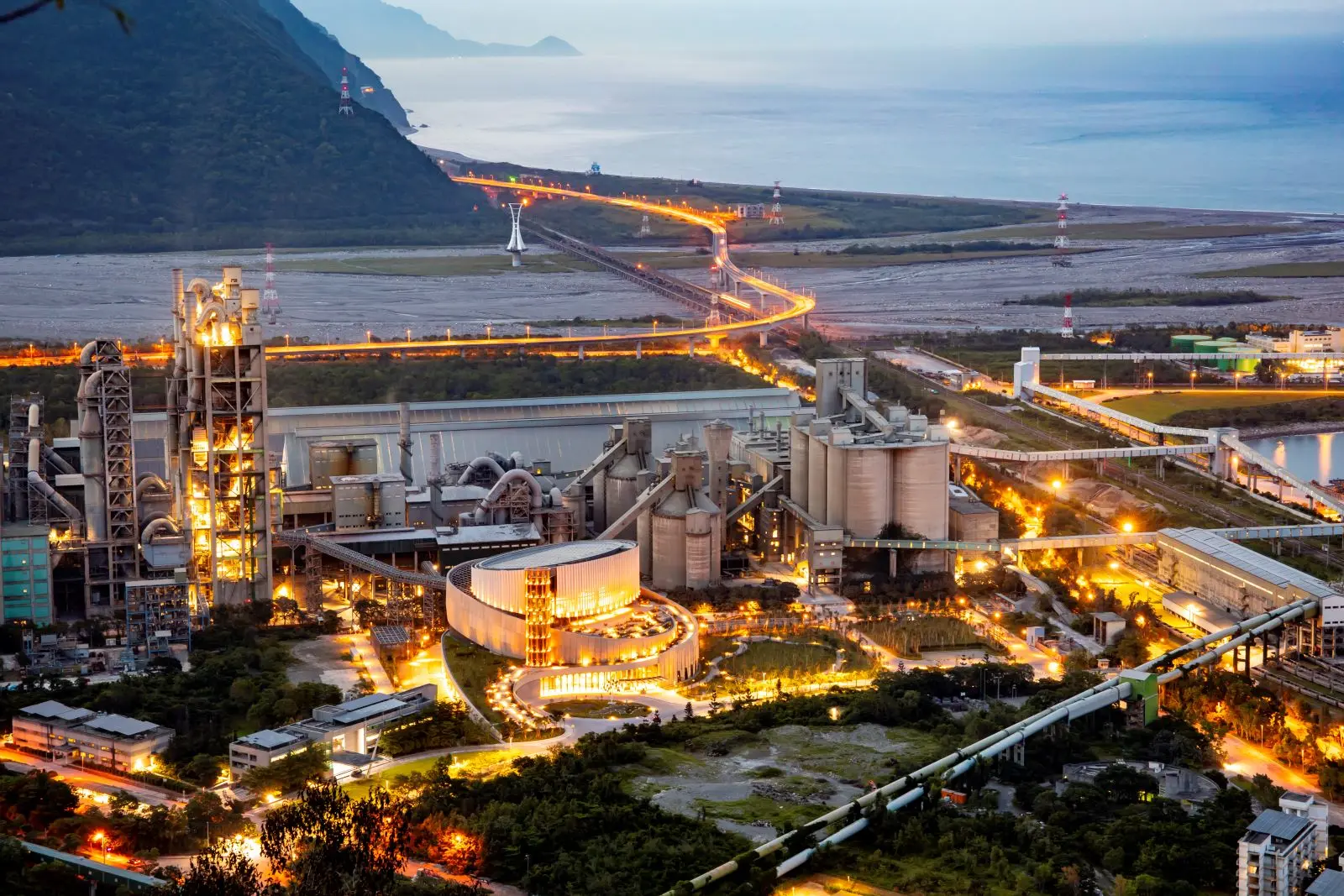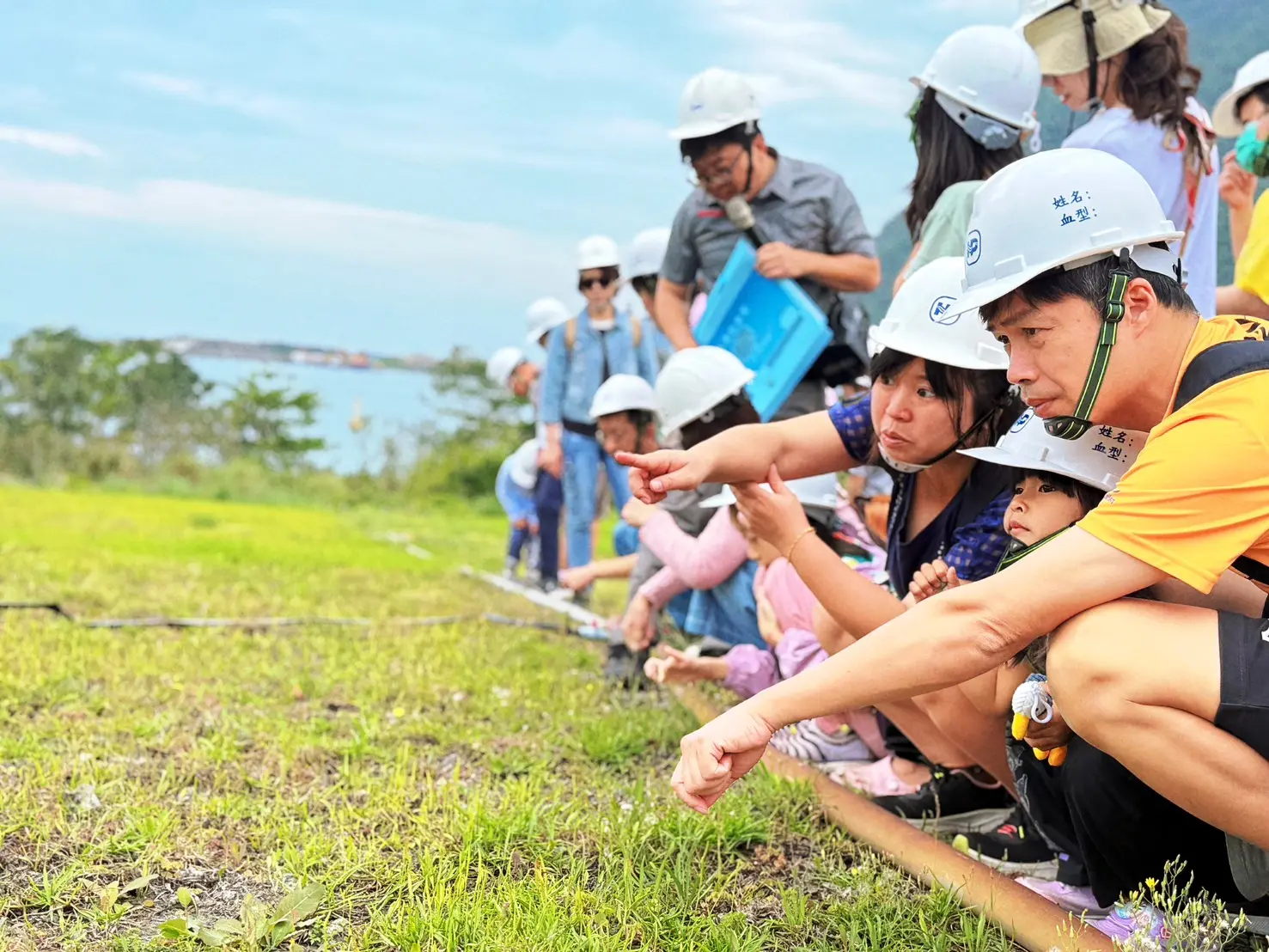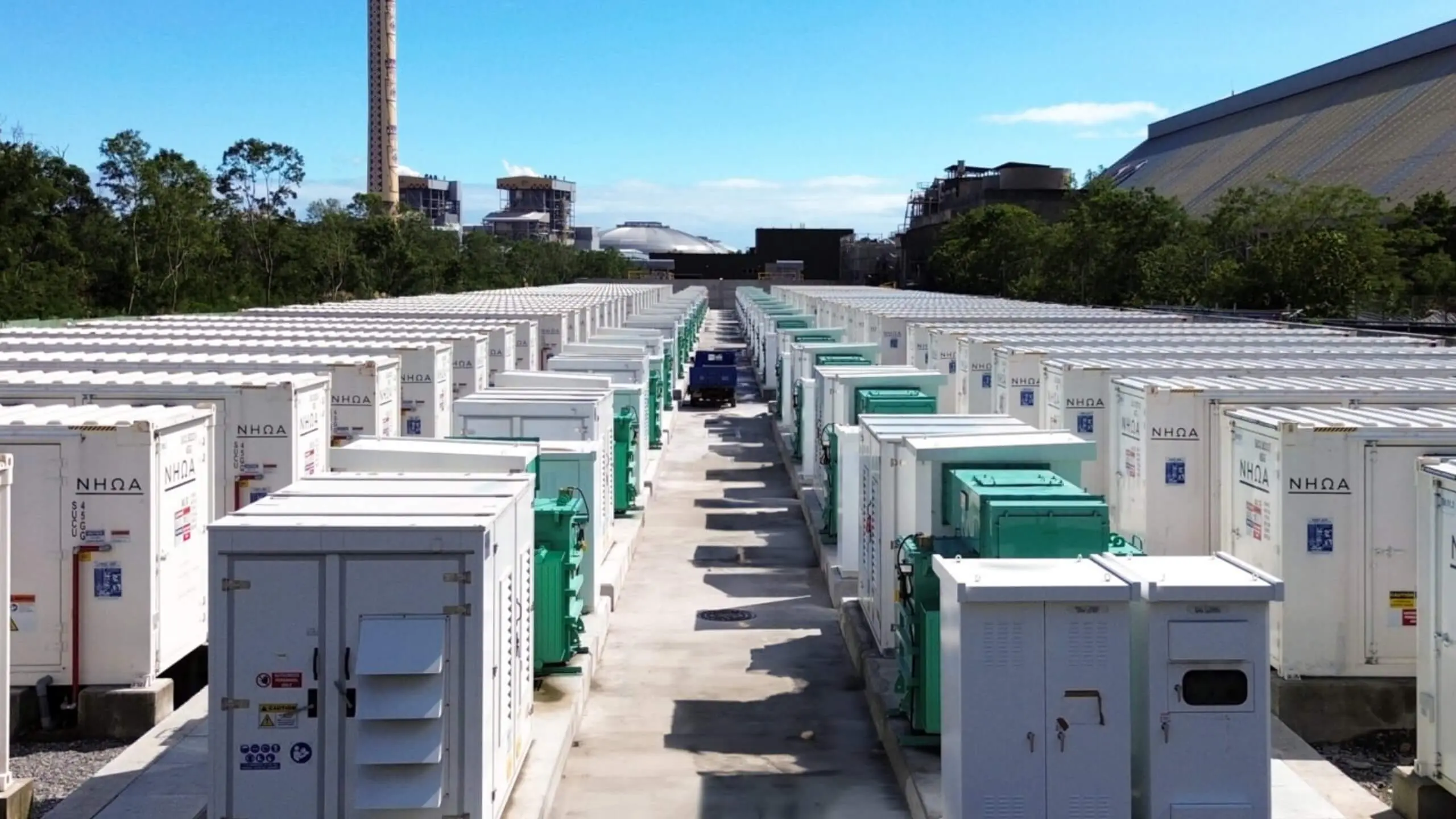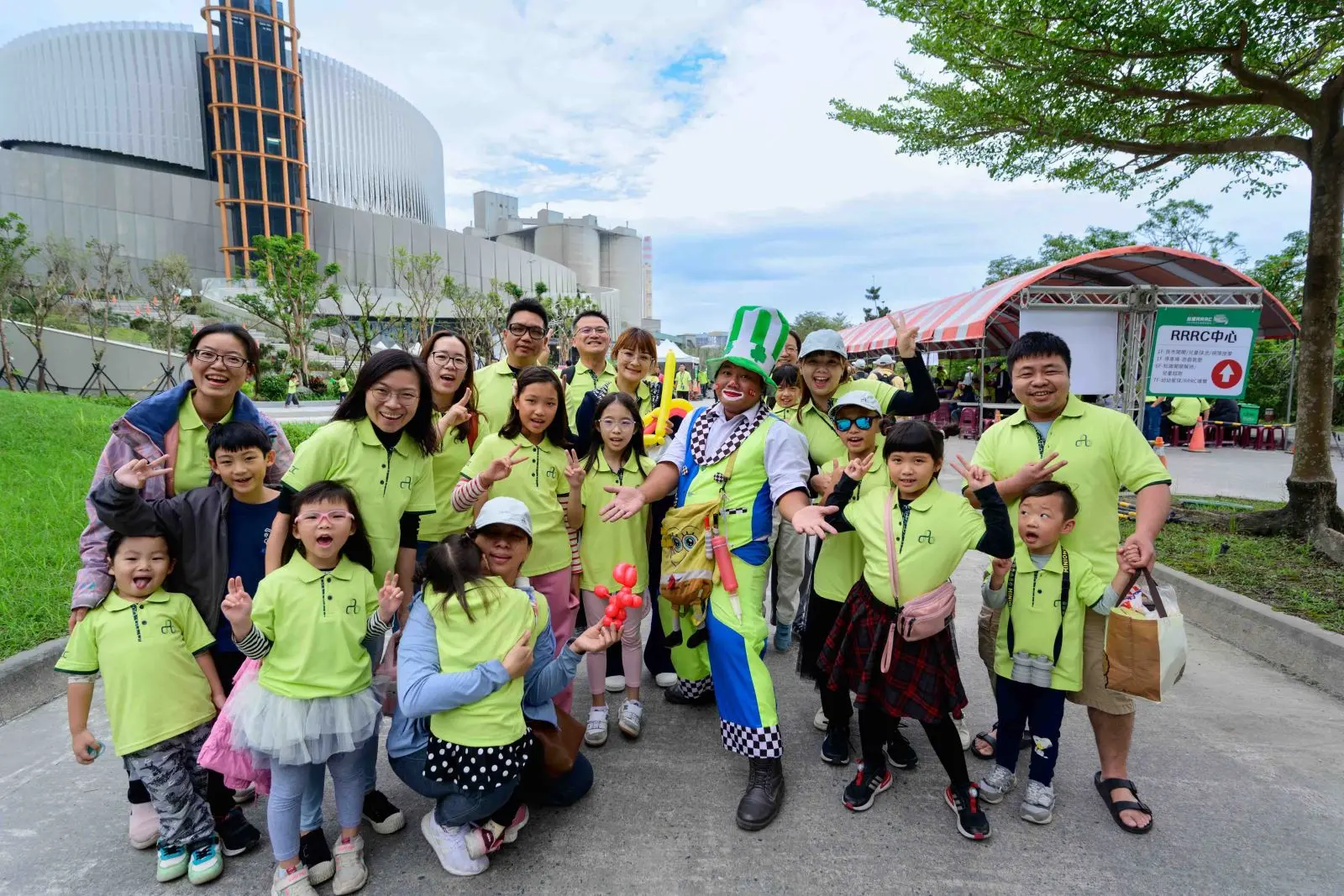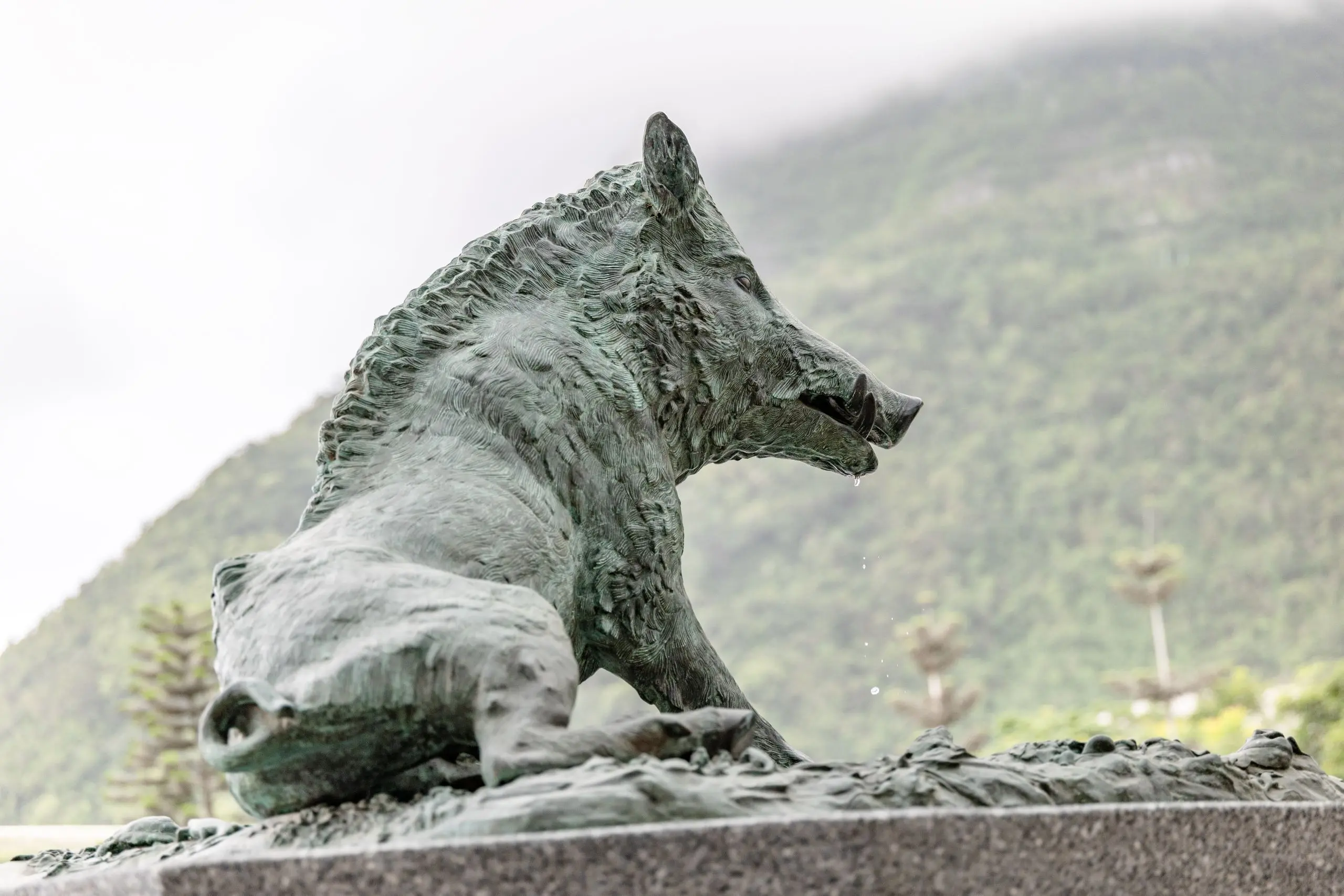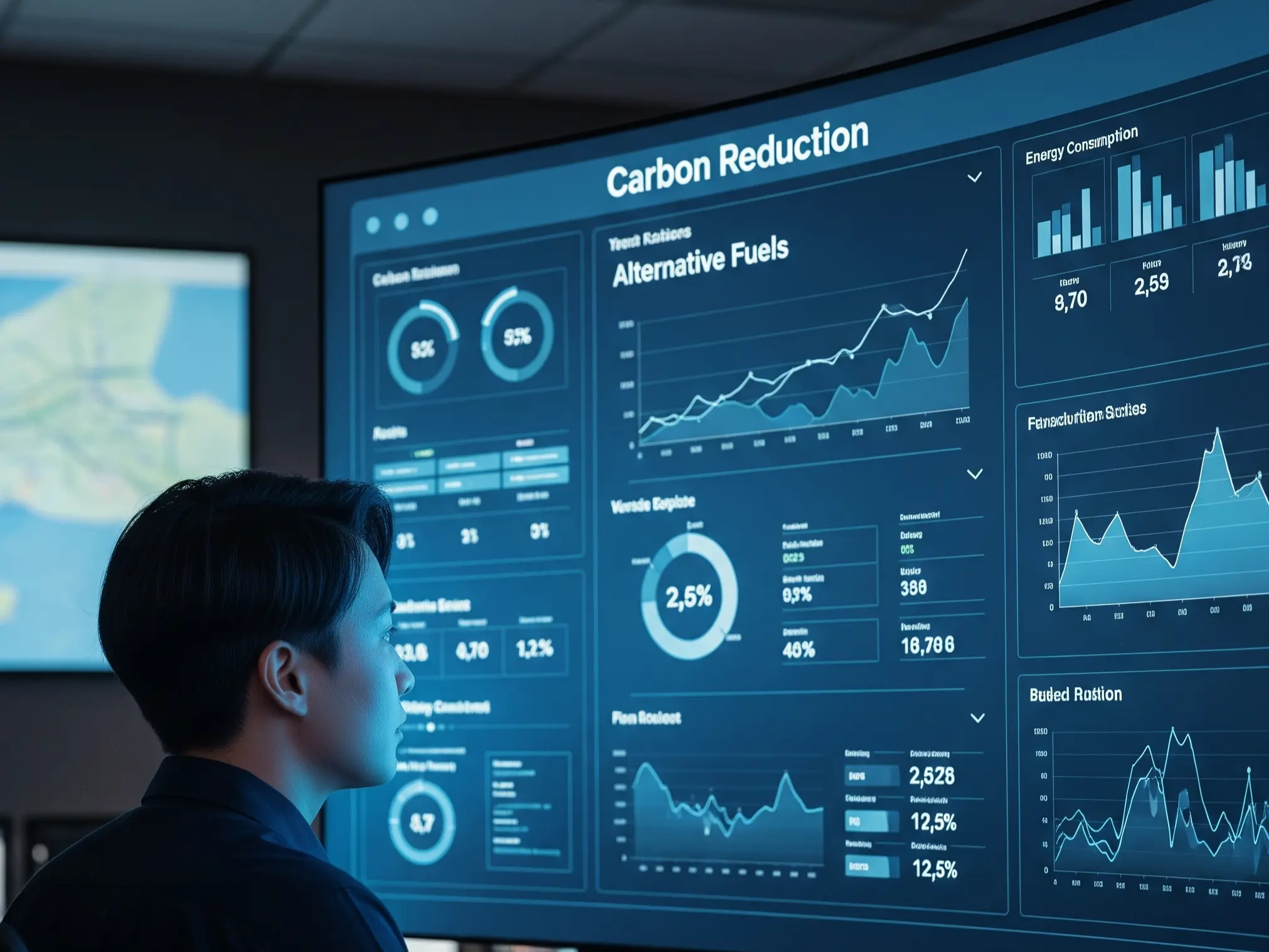Human Rights
Human Rights and Environmental Due Diligence
Management Policy
In response to the Corporate Sustainability Due Diligence Directive (CSDDD) passed by the EU on April 24, 2024, TCC Group Holdings proactively reviews and responds to the impacts on the value chain, incorporating the voices of stakeholders such as customers and community residents into decision-making considerations, and actively communicates and responds appropriately
TCC Group Holdings due diligence approach primarily references the United Nations Guiding Principles on Business and Human Rights, the Human Rights Due Diligence Training Facilitation Guide, the EU Corporate Sustainability Due Diligence Directive and its Annex, the OECD Due Diligence Guidance for Responsible Business Conduct, and the OECD Guidelines for Multinational Enterprises
TCC reviews its overall human rights and environmental risks at least every three years. The first human rights and environmental due diligence review was conducted in 2024. The scope of that due diligence will be expanded to more business entities in 2025 and will be continuously and regularly implemented thereafter.
TCC Group Holdings 2025 Human Rights and Environmental Due Diligence Risk Identification Statement
Human Rights and Environmental Due Diligence Process
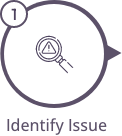
Collect various human rights and environmental issues that may affect different rightsholders
Referencing guidelines and conventions from the United Nations, EU, OECD, and the International Labor Organization to compile relevant issues
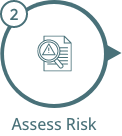
Consult rightsholders to assess the risks to human rights and environmental matters. To effectively assess risk, prioritize the most significant risks based on their severity and likelihood
The rightsholders consulted in this due diligence include their employees, surrounding community residents, indigenous peoples, migrant workers, customers, etc
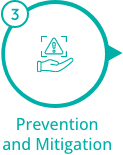
Cease adverse impacts and prevent potential adverse impacts. If adverse impacts persist, despite prevention measures, further mitigation is required
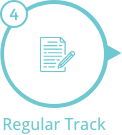
Periodically evaluate the effectiveness of measures to prevent or mitigate adverse impacts
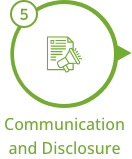
Communicate with rightsholders and disclose all relevant information
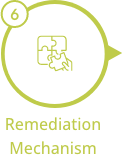
Provide remedial measures for any adverse impacts that have occurred
Establish a company grievance mechanism
Right holder Consultation: Identification and Methods
| Right holder Groups | Consultation Method | Business Unit Coverage |
|---|---|---|
All Right holders | International Human Rights and Environmental Risk Indicators
|
|
Employee | Questionnaire |
|
Focus Groups |
| |
Migrant Workers | Questionnaire | Battery Energy Business
|
Community | Questionnaire Survey Response Rate: 84% | Surrounding communities to the Suao Cement Plant, Hoping Cement Plant, Taiwan RMC Plants, part of the Cement and Environmental Business (Asia).
|
Indigenous | Questionnaire Survey Response Rate: 86% | Surrounding Indigenous communities of the Suao Cement Plant and Hoping Cement Plant, both part of the Cement and Environmental Business (Asia).
|
Customers | Questionnaire Survey Response Rate: 81% | Customers in Taiwan of the Cement and Environmental Business (Asia). |
Supply Chain | Review of International Human Rights and Environmental Indicators
|
|
| Questionnaire Survey Survey Response Rate: 96% | Tier 1 key suppliers/contractors in Taiwan for the Cement & Environmental Business (Asia). |
Key Issue Identification Results
| Identification and Assessment Methods | Key Issue Identification Results | |
|---|---|---|
| International Human Rights and Environmental Risk Indicators |
| |
| Employee Questionnaire and Focus Groups | All Employee
| Female Employee
|
| Migrant Workers Questionnaire | All Migrant Workers
| Female Migrant Workers
|
| Community Questionnaire |
| |
| Indigenous Questionnaire |
| |
| Customers Questionnaire |
| |
| Supply Chain Survey |
|
|
Prevention/Mitigation of Key Human Rights and Environmental Issues and Remedial Measures for Existing Impacts
After assessing the risks of human rights and environmental issues through the aforementioned steps, preventive and mitigating measures are proposed for key human rights and environmental issues based on subsequent steps of the human rights and environmental due diligence process. Additionally, remedial measures are provided for existing impacts.
Please refer to the table below for prevention, mitigation, and remediation measures for key issues. For detailed information, please refer to the 2024 TCC Sustainability Report.
The following key points will be the focus of the TCC GROUP HOLDINGS 2024 Human Rights and Environmental Due Diligence Report scheduled for release in the fourth quarter of 2025:
Track the effectiveness of TCC's prevention, mitigation, and remediation measures for significant human rights and environmental issues.
Case Studies of Taiwan Cement Corporation's Responses to Human Rights and Environmental Incidents:
(a) Ho-Ping Power Plant purchasing Russian coal incident
(b) Hualien County Cement Kiln Co-processing Waste Private BOO Project overturned by Taiwan Supreme Administrative Court for retrial
(c) Land use permit case of Area F at the Chiayi Aquavoltaics Phase I site
(d) Taiwan RMC Plant Tainan Branch partial wastewater suspended solids exceeding standard incident
(e) Molie Quantum Energy Corporation (MQE) Battery Plant fire incidentContinue to refer to conventions and guidelines from the United Nations, ILO, and OECD, and integrate ISO risk assessment methodologies and management standards to establish a global human rights and environmental risk management mechanism applicable to TCC's global business operations.
Summary of Prevention/Mitigation/Remediation Measures

Employees

Female
Employees

Migrant Workers/
Female Migrant Workers

Community

Indigenous
Peoples

Customers

Suppliers
(Migrant workers)
| Issue | Prevention/Mitigation/Remediation Measures | |
|---|---|---|
| Whistleblower Protection | Prevention |
|
| Worker Training and Education | Prevention |
|
| Working Hours / Wage and Benefits | Prevention | Details regarding the TCC's remuneration policy, performance appraisal system, flexible hours, and agile working can be found on pages 169-172 of the 2024 TCC Sustainability Report. |
| Occupational Health and Safety | Remediation |
|
Prevention | TCC conducts hazard identification and risk assessment for routine and non-routine operations. This involves evaluating hazardous workplaces and assessing the severity and frequency of OHS risks across various processes and activities to calculate OHS risk indicators. From identified hazards, TCC assesses their OHS risks and implements relevant measures, considering regulations and the effectiveness of existing controls.
For more details, please refer to pages 173-179 of the 2024 TCC Sustainability Report. | |
| Freedom of Association / Collective Bargaining | Prevention | To foster a harmonious labor-management relationship, TCC has established labor unions across all its Taiwan plants and signed collective bargaining agreements. In 2024, the proportion of all employees who joined a union across TCC's cement businesses in Taiwan and Mainland China, as well as Ho-Ping Power Plant, was 91% of the total workforce. To protect the rights of all employees in Taiwan, the terms of both collective agreements and work rules apply to all employees, who are not treated differently based on any factors, including their membership status or willingness to join a union. TCC holds quarterly labor-management and/or union meetings for open communication and discussion on various issues. |
| Forced Labor / Human Trafficking/ Child Labor | Prevention |
|
| Issue | Prevention/Mitigation/Remediation Measures | |
|---|---|---|
| Bullying and Harassment | Prevention | TCC values employee rights and promotes a safe, inclusive workplace. An "Anti-discrimination and Anti-harassment Policy" guides employees in preventing and addressing misconduct. In Q1 2025, anti-bullying measures will be added into the "Anti-discrimination, Anti-harassment, and Anti-bullying Policy," strictly banning all forms of bullying and providing secure grievance channels. Training and promotion further support awareness and a respectful work environment. |
| Privacy | ||
| Diversity and Equality | Prevention |
|
| Issue | Prevention/Mitigation/Remediation Measures | |
|---|---|---|
| Freedom of Expression, Bullying and Harassment, Working Hours, Forced Labor / Human Trafficking, Whistleblower Protection, Diversity and Equality, Freedom of Thought and Conscience | Prevention |
|
| Issue | Prevention/Mitigation/Remediation Measures | |
|---|---|---|
| Water Resources | Remediation |
|
Prevention |
| |
| Waste Management | Remediation |
|
Prevention |
| |
| Environmental Degradation | Prevention |
|
| Biodiversity | ||
| Land Use | ||
| Climate Change | Prevention |
|
| Issue | Prevention/Mitigation/Remediation Measures | |
|---|---|---|
| Indigenous Rights | Prevention |
|
| Issue | Prevention/Mitigation/Remediation Measures | |
|---|---|---|
| Fair Trade/ Information Disclosure | Prevention |
|
| Issue | Prevention/Mitigation/Remediation Measures | |
|---|---|---|
| Occupational Health and Safety, Bullying and Harassment, Climate Change , Working Hours, Environmental Degradation/ Waste/Land Use, Freedom of Association, Collective Bargaining, Forced Labor, Human Trafficking, Child Labor | Prevention |
|


